FM: Iran follows clear agenda in Vienna talks, not optimistic about US, E3 intention’
Iran’s foreign minister says the Islamic Republic is following a clear agenda during the ongoing talks in the Austrian capital, but is not optimistic about the true intention and determination of the United States and the three European signatories to the 2015 nuclear agreement.
Hossein Amir-Abdollahian made the remarks in a Thursday phone call with his Japanese counterpart, Yoshimasa Hayashi, during which the two sides discussed various issues of mutual interest as well as regional and international developments.
In their conversation, Amir-Abdollahian repeated once again that Iran welcomes a “good agreement” and is serious at the Vienna talks, saying that the other parties to the nuclear deal, officially known as the Joint Comprehensive Plan of Action (JCPOA), need to show goodwill.
Iran has sent its diplomats to Vienna “with a strong determination and a clear and logical agenda, but we are not optimistic about the will and intention of the US and the three European countries [that are signatories to the JCPOA],” Amir-Abdollahian remarked.
Besides Iran, five world powers – Russia, China, France, Britain, and Germany – have also dispatched their delegations to Vienna to resume high-profile talks on the sanctions removal and the revival of the JCPOA after a five-month hiatus. American diplomats are also there, but Iran does not accept that they directly take part in the talks.
Both before and during the new round, which kicked off on Monday, Tehran stated countless times the first and foremost issue that needs to be dealt with is the removal of American sanctions which were put into force against Iran after the US withdrawal from the deal in May 2018.
During the phone call, Amir-Abdollahian referred to the latest round of US sanctions against Iran, imposed days before the resumption of the talks.
"The Americans ask for negotiations and a return to the JCPOA, one the one side, while on the other they slap a new round of sanctions against Iranian individuals and institutions at the same time," Iran's foreign minister said.
What is important, according to the chief Iranian diplomat, is that the talks lead to an outcome and the Western parties show seriousness and goodwill at the negotiating table.
The Japanese foreign minister, for his part, welcomed the resumption of the talks and asked the participating countries to show flexibility in order to reach a mutually-beneficial agreement.
Meanwhile, US Secretary of State Antony Blinken said he was not optimistic about the prospects of the talks.
“I have to tell you, recent moves, recent rhetoric, don't give us a lot of cause for ... optimism,” Blinken told reporters in Stockholm.
“But even though the hour is getting very late, it is not too late for Iran to reverse course and engage meaningfully,” the chief American diplomat added.
Back in May 2019, a year after the US withdrawal from the nuclear pact, Tehran notified the other parties that it was reducing its nuclear obligations in a legal move under the JCPOA. Iran made clear that it would reverse its move right after the other side, in particular the US, returns to full compliance with the deal and removes its sanctions.
Three and a half years forward, the condition has not yet been satisfied.
On Thursday, Iran’s lead negotiator at the talks, Ali Baqeri-Kani, announced that Iran has submitted two completed drafts to the other parties, concerning the removal of the US sanctions and Tehran’s nuclear commitments.
Iran is now waiting to see whether they were ready to put the Iran-drafted documents to debate, Baqeri-Kani explained.
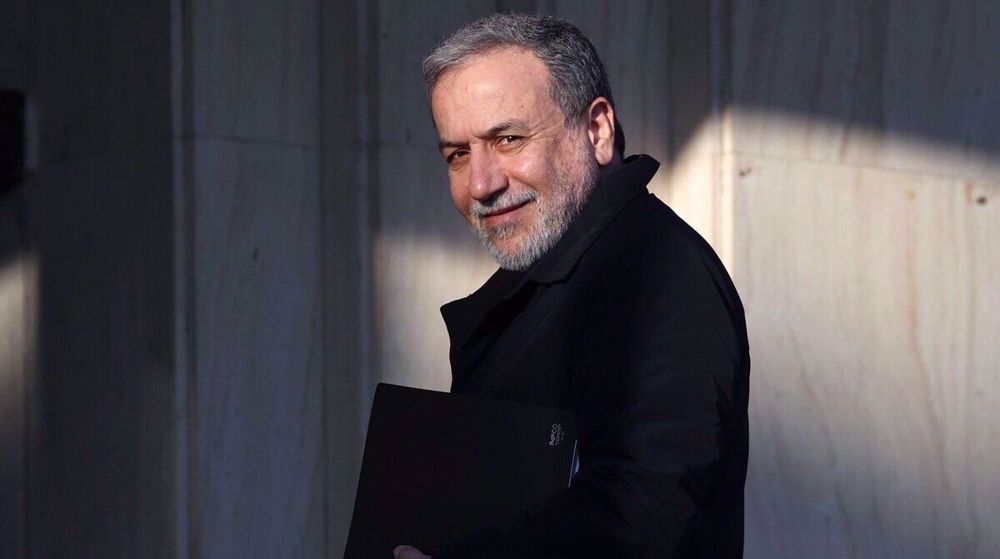
‘Constructive, promising’: Araghchi says Iran, US closer to establishing ‘basis of talks’
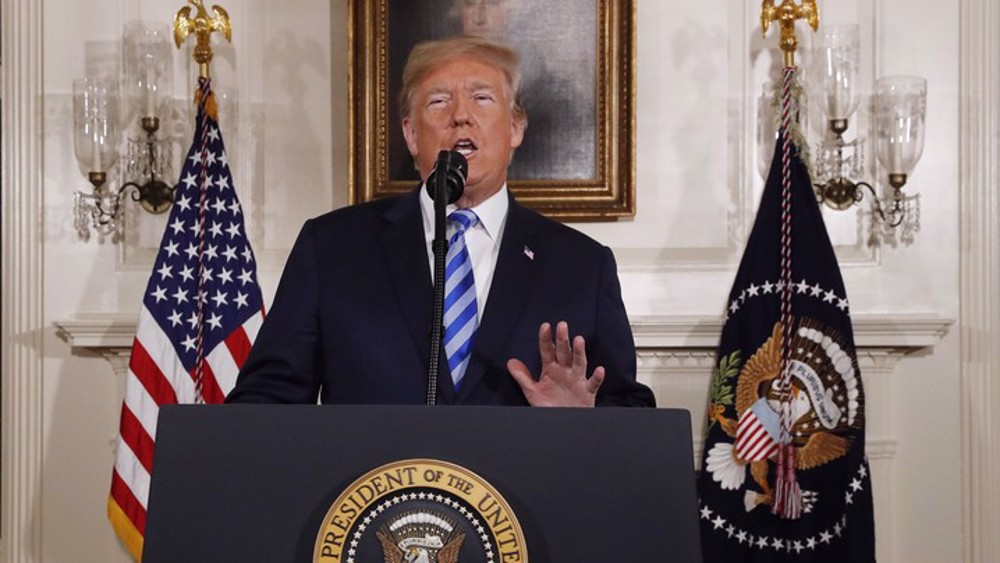
Any statement by Trump on Oman talks likely to contradict US delegation’s views: Source
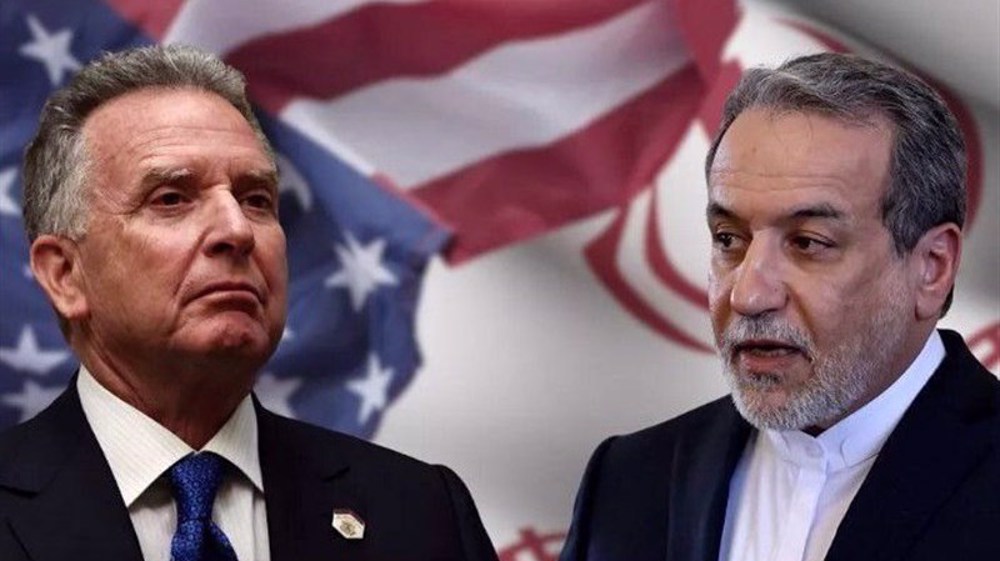
Iran, US conclude negotiations in Oman, agree to continue next week
Gaza’s children paying for Netanyahu’s political ambitions with blood: Hamas
Hamas releases video showing Israeli-American captive alive
VIDEO | Iran marks National Nuclear Tech Day with new products
VIDEO | How Microsoft fuels Gaza genocide and silences employees who speak out
Israeli forces detain Palestine TV crew in West Bank’s Jenin, seize equipment
EU says Israel must lift devastating aid blockade on Gaza, resume ceasefire
Iran starts issuing debit cards for foreign visitors
‘Constructive, promising’: Araghchi says Iran, US closer to establishing ‘basis of talks’


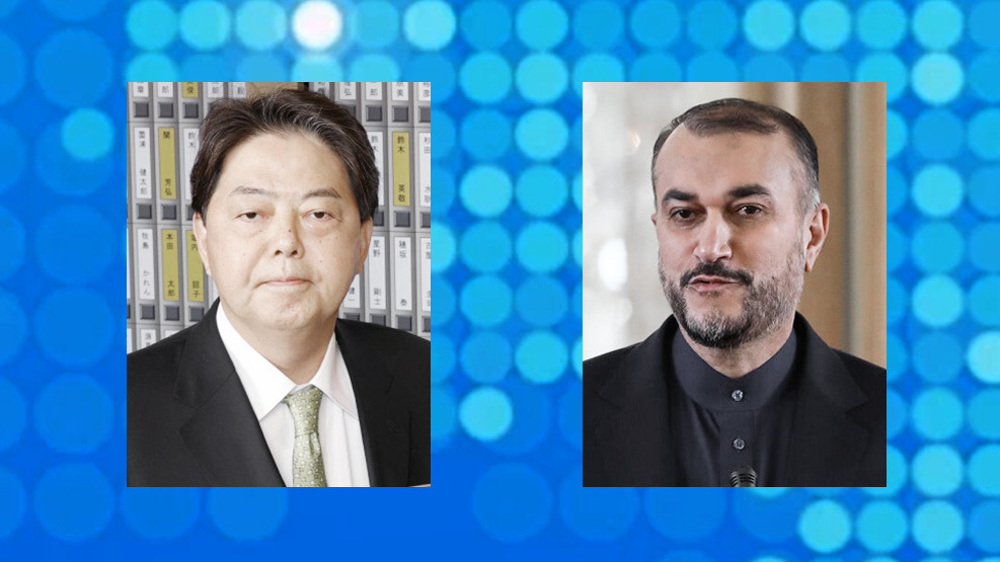
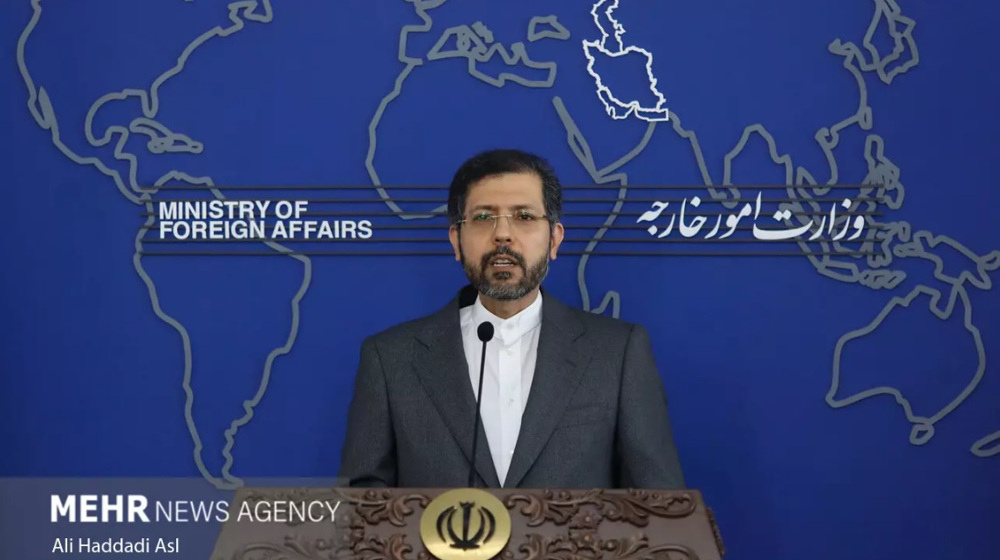
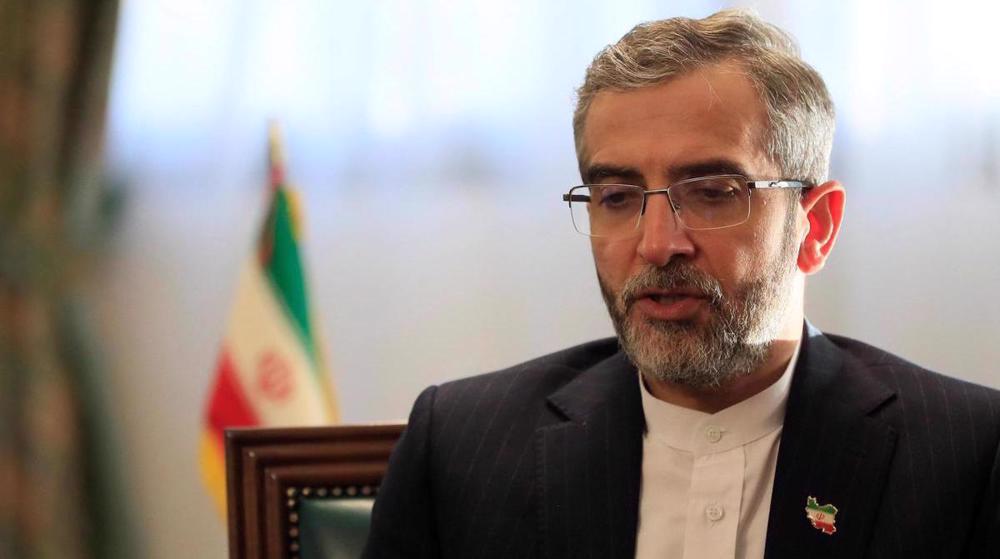



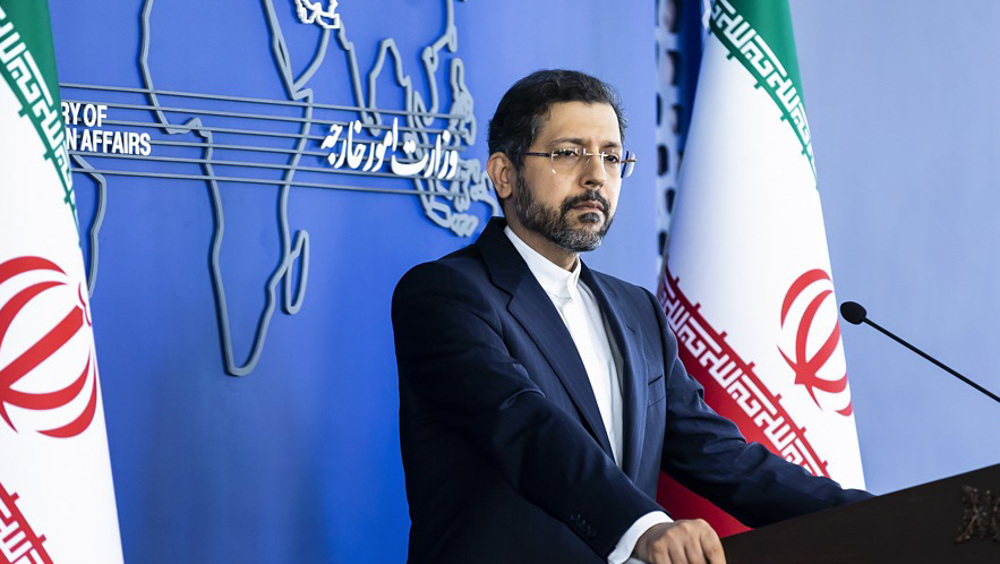
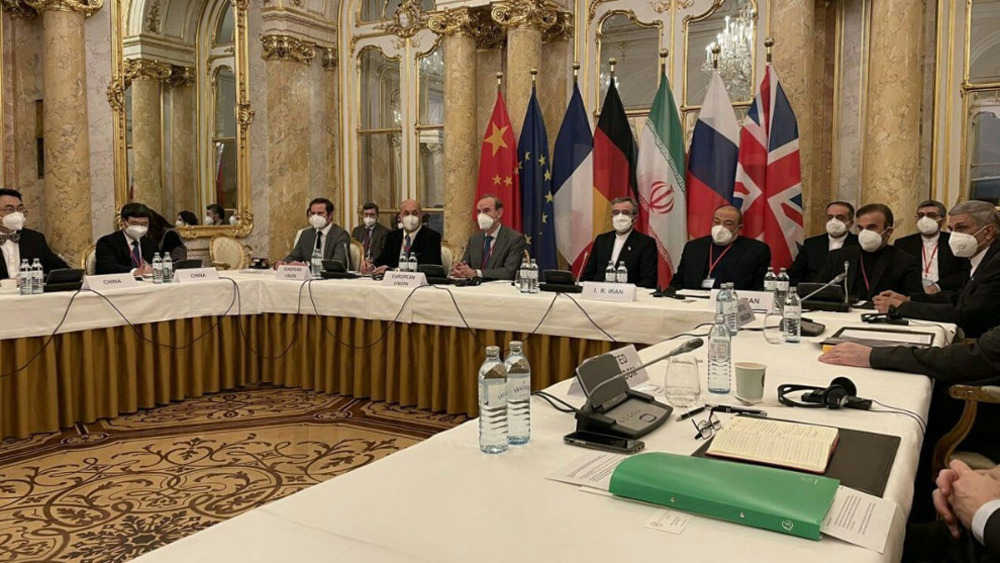
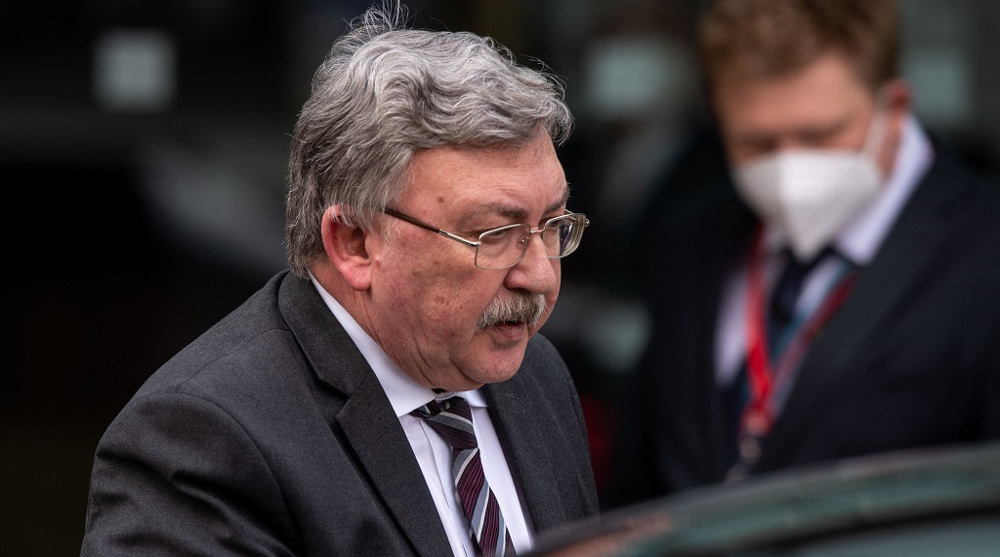
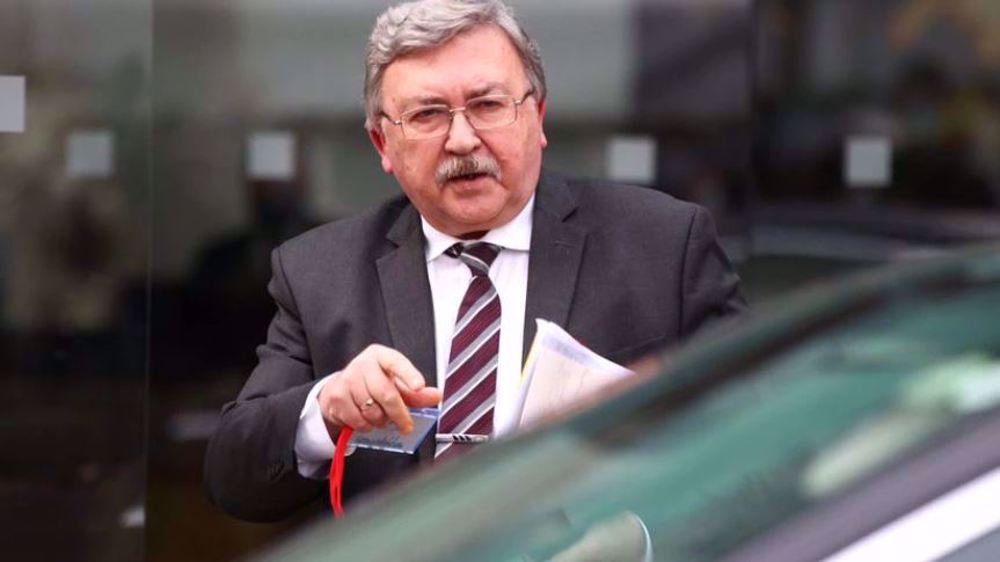
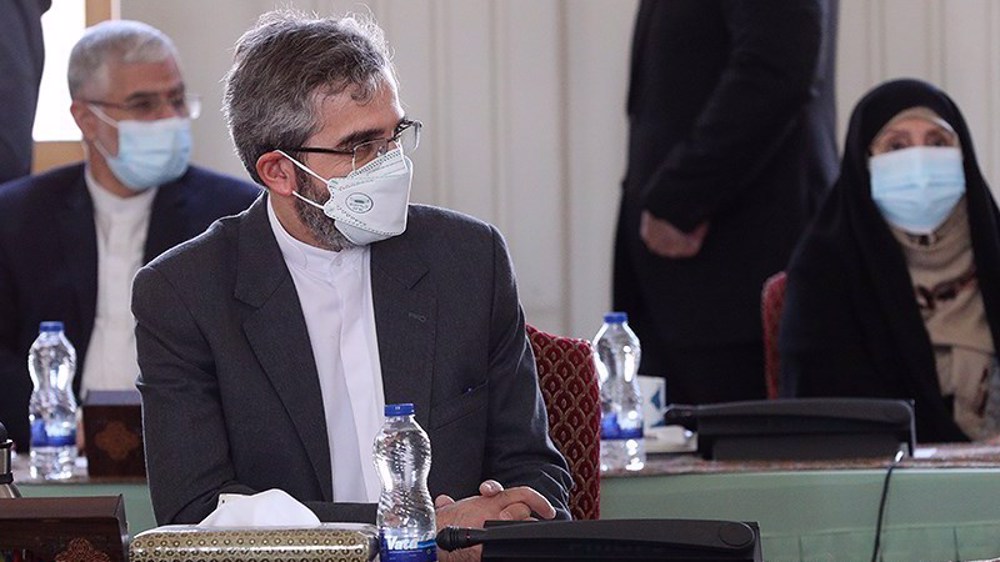
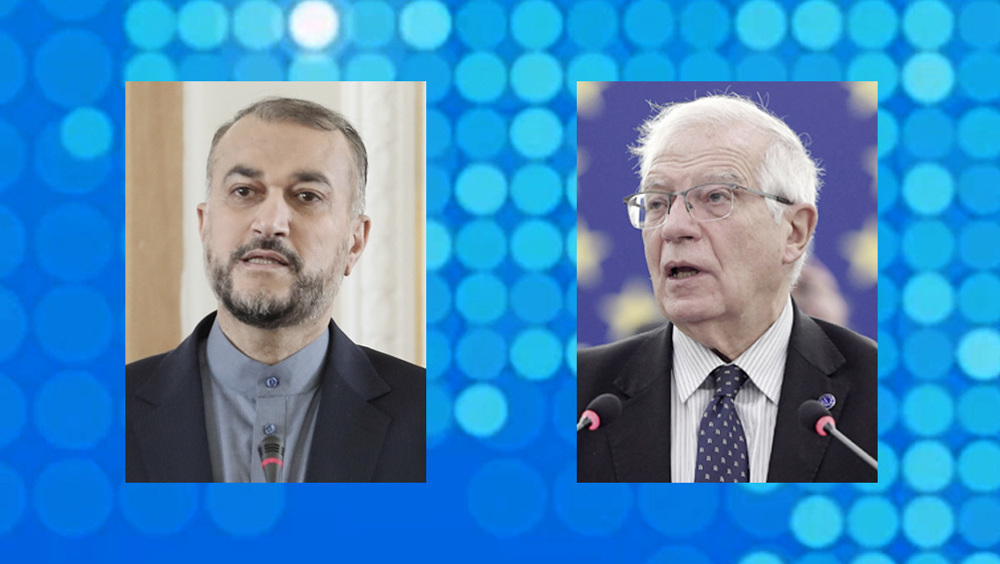
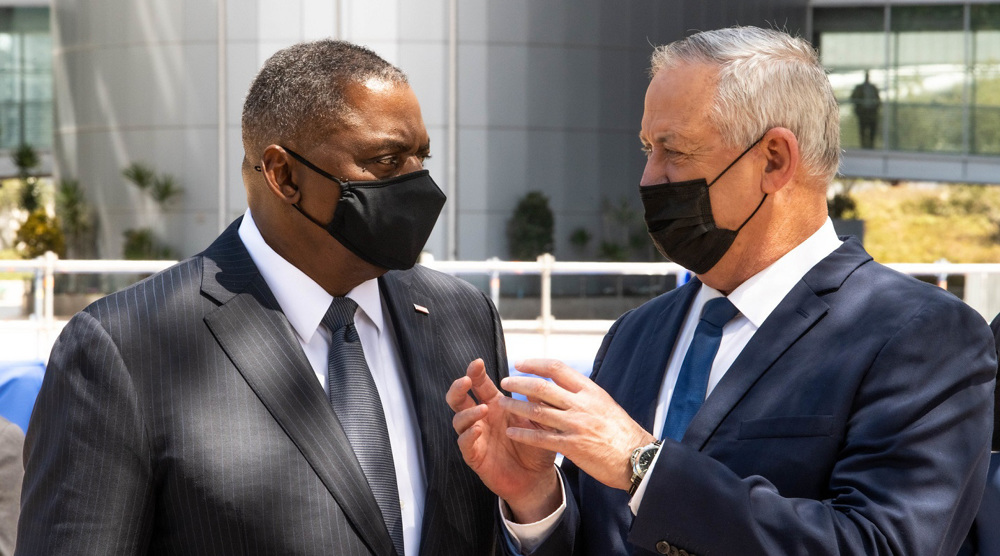

 This makes it easy to access the Press TV website
This makes it easy to access the Press TV website